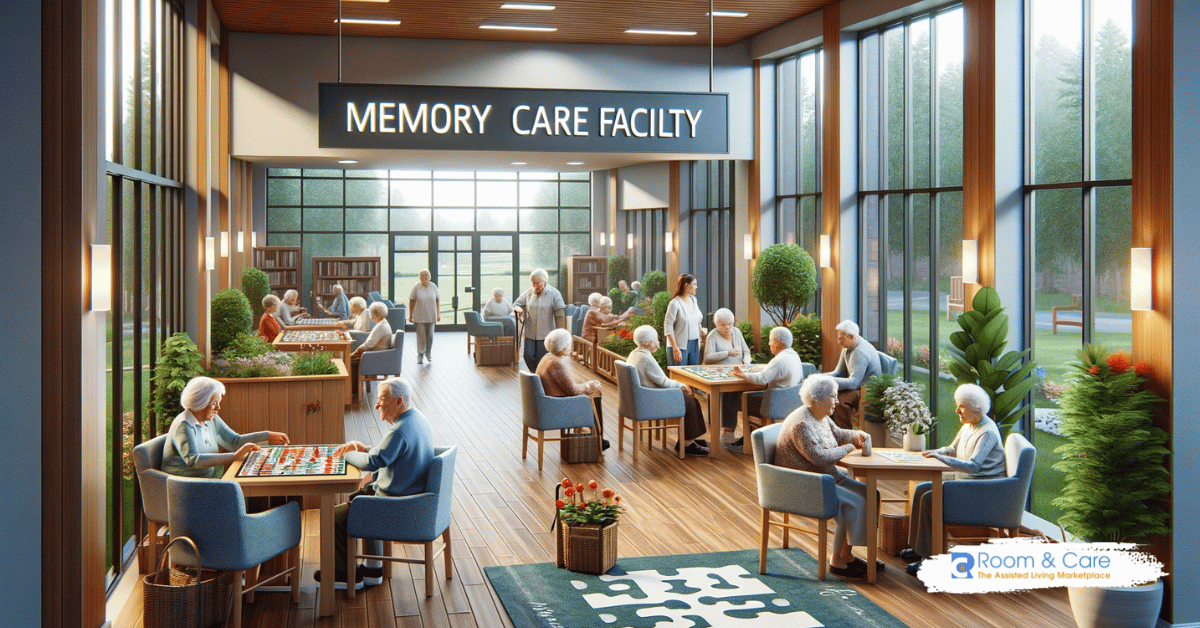Family-Oriented Facilities Offering Personalized Alzheimers Care Charlotte
Wiki Article
Producing a Safe and Supportive Atmosphere for Alzheimer's Treatment
The production of a supportive and secure setting for people with Alzheimer's is paramount in boosting their top quality of life. Exploring these diverse strategies can reveal critical understandings right into reliable caregiving approaches that might transform the everyday experiences of both caregivers and clients.Comprehending Alzheimer's Demands
Frequently, individuals with Alzheimer's condition show a variety of demands that call for tailored techniques to care. As the condition progresses, cognitive decrease shows up in numerous methods, influencing memory, thinking, and also the capacity to execute day-to-day activities. Caretakers must recognize these developing needs to give appropriate support and guarantee a better of life for those impacted.One vital facet of understanding Alzheimer's needs is acknowledging the value of routine and familiarity. People usually locate convenience in established patterns, which can reduce anxiousness and confusion. Caretakers must make every effort to produce structured daily timetables that integrate meaningful tasks straightened with the individual's passions and abilities.
Furthermore, reliable interaction is critical. People with Alzheimer's might battle to share themselves or comprehend intricate language. Caregivers need to use simple, clear language, use non-verbal hints, and technique active listening to foster understanding and connection.
Finally, emotional and social requirements can not be neglected. Providing opportunities for social interaction and preserving partnerships can substantially improve psychological wellness. Caregivers need to motivate involvement in community activities or household events, promoting a sense of belonging and purpose. Recognizing these varied needs is essential for creating an encouraging treatment environment.
Designing a Safe Home
Creating a risk-free home for people with Alzheimer's illness is necessary to decreasing threats and promoting freedom. The layout of the space should prioritize security while enabling personal comfort. Remove possible risks such as loose carpets, sharp objects, and clutter, which can lead to falls or mishaps. Make sure that pathways are well-lit and clear, as proper illumination lowers disorientation and boosts wheelchair.
Integrating adaptive attributes is additionally critical. Mount grab bars in shower rooms and near stairways, and think about making use of non-slip floor coverings in wet areas. In addition, using different colors for floors and walls can aid in distinguishing spaces, assisting to mitigate confusion.
Knowledge is vital for people with Alzheimer's. Individualizing the atmosphere with acquainted items and photographs can strengthen a feeling of belonging and safety - Alzheimers Care Charlotte. It is also beneficial to have a designated area for day-to-day tasks, such as reading or crafting, which can supply framework to their day
Lastly, applying a protected outside room permits secure expedition while linking with nature. By attentively making the home atmosphere, caretakers can significantly enhance the lifestyle for individuals living with Alzheimer's illness.
Enhancing Interaction Skills

Non-verbal communication, including faces, gestures, and touch, plays a vital duty in communicating empathy and understanding. Preserving eye call and a tranquil disposition can enhance the comfort level of the individual, advertising a feeling of safety and security.
Furthermore, it is necessary to exercise active listening. This involves being fully present, showing patience, home and permitting the person to express themselves without disruption. Rep may be required; caregivers must be prepared to review inquiries or topics, as people with Alzheimer's might have a hard time with memory recall.
Additionally, making use of aesthetic aids or signs, such as pictures or acquainted objects, can promote recognition and involvement. Eventually, boosting interaction skills is regarding developing depend on and developing an atmosphere where people really reference feel listened to, valued, and understood, consequently enriching their high quality of life.
Urging Social Interaction
Promoting significant social communications can substantially improve the well-being of individuals with Alzheimer's condition. Engaging with others not just helps combat feelings of seclusion but additionally boosts cognitive function and emotional wellness. Structured social tasks, such as group arts, crafts and video games, or songs treatment, produce opportunities for homeowners to connect with peers and caretakers, which can cause improved state of mind and reduced anxiety.Producing a welcoming setting that motivates socializing is essential. This can be attained by organizing communal areas that facilitate communication, such as cozy seating areas or task spaces. Furthermore, including familiar and culturally appropriate activities can urge and trigger memories involvement, enabling individuals with Alzheimer's to feel even more linked to their previous experiences.
Additionally, caregivers should be trained to acknowledge and promote social interaction amongst residents. By focusing on social communication, we can significantly enrich the lives of those living with Alzheimer's, cultivating a sense of area and belonging.
Supporting Caretaker Health

To support caregivers, organizations must supply routine training and academic resources to enhance their understanding of Alzheimer's disease and caregiving techniques. Supplying accessibility to reprieve treatment services permits caregivers to take essential breaks, reducing tension and tiredness - Alzheimers Care Charlotte. Furthermore, promoting a community through support system can assist in emotional sharing and the exchange of practical advice among caregivers, producing a network of mutual support
Mental health and wellness sources, such as therapy solutions, can also be important in resolving check my source the psychological toll caregiving can take. By prioritizing caretaker health, we produce an even more lasting caregiving setting that not only benefits the caretakers themselves however also improves the total quality of treatment gotten by individuals with Alzheimer's. Ultimately, supporting caregivers is an important part in promoting a efficient and caring care setting.
Final Thought
Finally, the creation of a supportive and safe environment for individuals with Alzheimer's is important to improving their high quality of life. By focusing on security with thoughtful design, cultivating psychological well-being with acquainted components, and advertising involvement via structured regimens, caretakers can significantly impact the total experience of those impacted by this problem. Sustaining caregiver well-being is important, as it inevitably adds to an extra compassionate and effective treatment environment.Rep may be needed; caretakers need to be prepared to revisit subjects or concerns, as people with Alzheimer's might battle with memory recall.

Report this wiki page